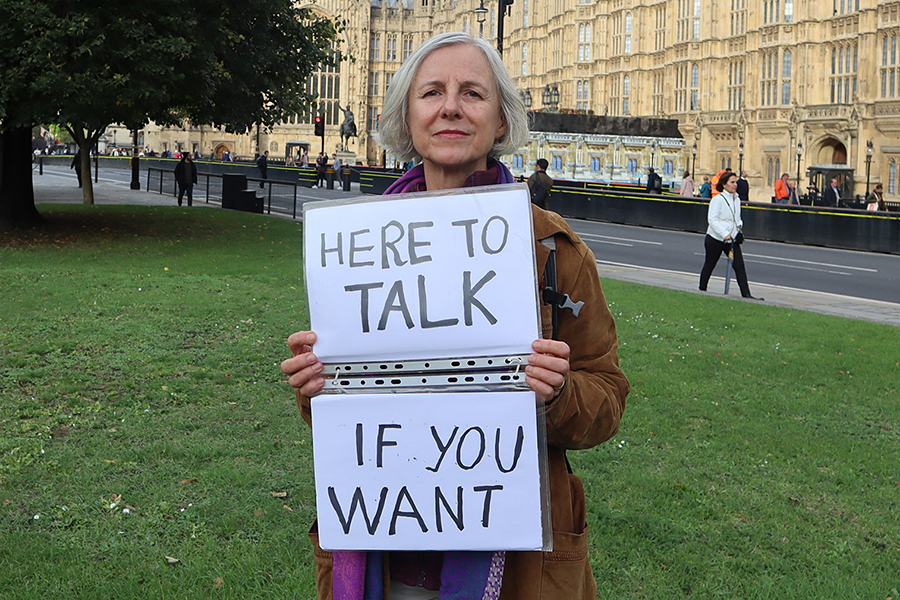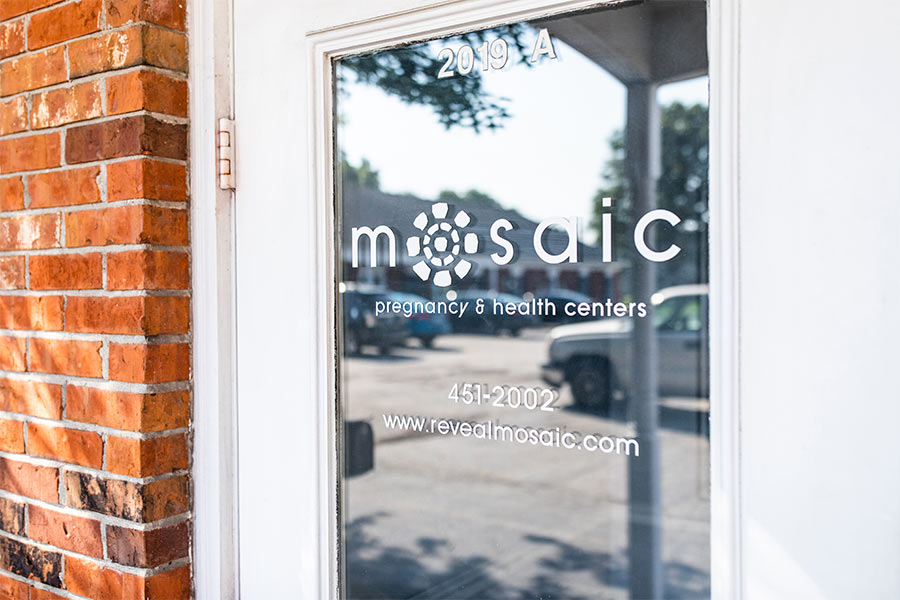
All women and girls deserve protection, and the U.S. Supreme Court’s decision overturning Roe v. Wade ensured that states can provide this protection by enacting laws that safeguard women and girls from high-risk abortion drugs.
But in West Virginia, a major pharmaceutical company has prioritized profit over safety and challenged a law that enacts commonsense safeguards around these dangerous drugs. West Virginia’s law protecting women and girls is both constitutional and necessary, so Alliance Defending Freedom helped defend the law in court.
Abortion drugs put women and girls at risk
GenBioPro is a highly profitable company that manufactures only one drug: the abortion drug mifepristone. Its business model relies on selling as many abortion drugs as possible, which is why the company is fighting a West Virginia law protecting women from these high-risk drugs.
According to GenBioPro’s own website, the company exists to provide abortion drugs to “all people – regardless of income, gender, race, or geography.” It has prioritized profits and ignored safety risks by continually pushing these drugs to anyone who will buy them.
Meanwhile, the U.S. Food and Drug Administration (FDA) approved abortion drugs for use in America with minimal restrictions in 2000. Since 2016, the agency has been eroding the safety standards it had originally deemed necessary.
In 2016, the FDA extended the permissible use of abortion drugs from seven weeks’ gestation up to 10 weeks’ gestation, changed the drugs’ dosage and route of administration, reduced the number of required in-person office visits for women seeking the drugs from three to one, allowed people who are not medical doctors to prescribe the drugs, and eliminated the requirement for prescribers to report complications from the drugs unless the mother actually dies.
In 2021, the FDA announced what it claimed was a temporary change suspending the requirement for women to have in-person office visits before being prescribed abortion drugs. Later that year, it made the change permanent, meaning women can now be prescribed these drugs via telehealth and receive them in the mail. (ADF challenged the FDA’s erosion of safety standards in court. Read more about that lawsuit here.)
GenBioPro challenges West Virginia’s commonsense law
In Dobbs v. Jackson Women’s Health Organization, the Supreme Court empowered all 50 states to protect life. As a result, West Virginia passed a new law called the Unborn Child Protection Act. The law protects unborn babies at all stages of development.
In the same bill, West Virginia amended previous law to clarify that non-licensed medical professionals cannot perform abortions under any circumstances, nor can they prescribe abortion drugs. The new law also required that doctors dispense abortion drugs in person rather than through the mail, just as the FDA required prior to 2021.
West Virginia has every right to determine its own abortion laws thanks to the Court’s decision in Dobbs. But because this law threatened GenBioPro’s profits, the drug manufacturer sued the state without any legal basis.
GenBioPro’s lawsuit argued that amendments made in 2007 to the Food, Drug, and Cosmetic Act prevent states from passing laws that protect women, girls, and unborn children. Since this claim runs directly counter to the law and the Dobbs decision, ADF asked a federal district court to dismiss the baseless lawsuit.
Thankfully, the district court rejected GenBioPro’s argument and ruled that West Virginia can enforce the Unborn Child Protection Act. The abortion manufacturer then appealed to the U.S. Court of Appeals for the 4th Circuit, which agreed with the lower court.
States have the right to pass laws that promote the welfare of their citizens. West Virginia’s law does just that, protecting women, girls, and unborn children from high-risk abortion drugs.
GenBioPro v. Raynes
- January 2023: GenBioPro filed a lawsuit falsely claiming that the FDA’s approval of abortion drugs supersedes West Virginia’s right to pass its own abortion laws.
- February 2023: ADF asked a federal district court to dismiss the unfounded lawsuit.
- August 2023: The district court partially dismissed GenBioPro’s challenge to the laws in West Virginia, allowing the state to enforce its Unborn Child Protection Act. GenBioPro later appealed to the 4th Circuit.
- July 2025: The 4th Circuit Court of Appeals rejected GenBioPro’s attempt to federalize the regulation of prescription drugs, including the abortion drug mifepristone.




